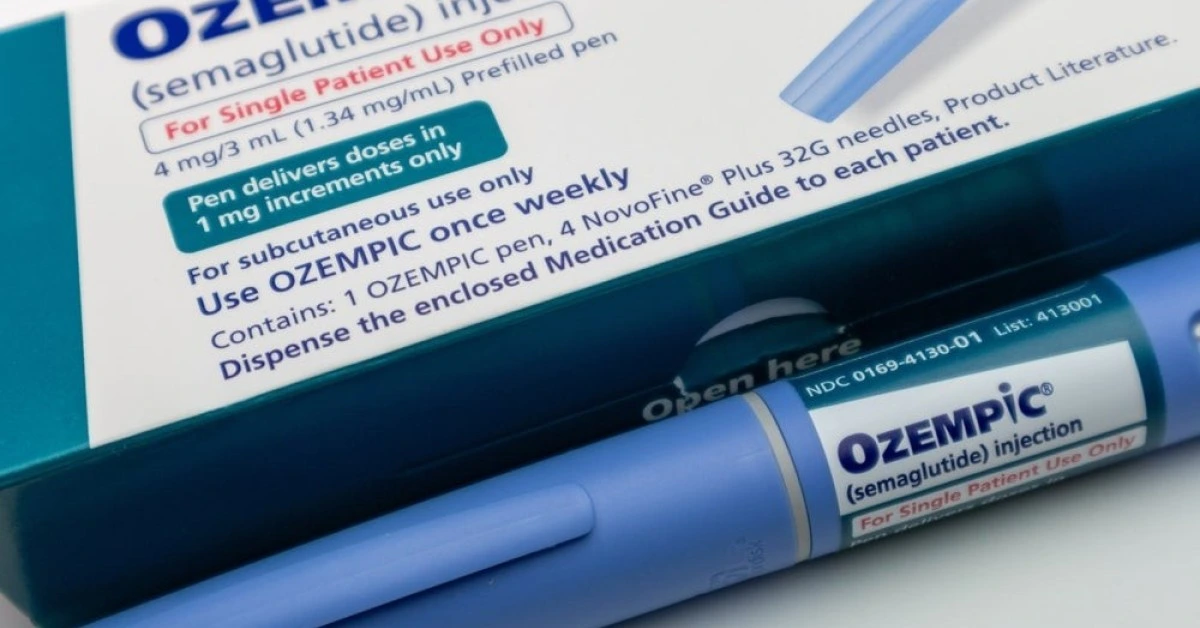
USA – The U.S. Food and Drug Administration (FDA) has declared that semaglutide is no longer in short supply, cutting off the legal ability of compounding pharmacies to sell copycat versions of the drug.
This decision affects pharmacies that have been profiting from alternative formulations of semaglutide, the active ingredient in Novo Nordisk’s Ozempic (for diabetes) and Wegovy (for weight loss).
Since 2022, demand for these drugs has soared, leading to a nationwide shortage. Under U.S. law, if a drug is listed as being in short supply, compounding pharmacies can legally produce and sell versions of it—even if it is still patent-protected.
This allowed many small manufacturers to enter the market and sell compounded semaglutide to meet demand.
However, with Novo Nordisk increasing production, the FDA has now removed semaglutide from its shortage list.
This follows a similar move in December, when the agency ruled that Eli Lilly’s tirzepatide (Mounjaro/Zepbound) was no longer in short supply, effectively blocking its compounded versions.
Pharmacies and telehealth companies affected
The FDA’s decision comes at a critical time for Hims & Hers, a telehealth company that had been heavily marketing compounded semaglutide.
The company had even purchased a peptide manufacturing facility to expand its production. Following the FDA’s announcement, Hims & Hers’ stock price dropped sharply.
Andrew Dudum, CEO of Hims & Hers, responded on social media, stating that the company would “continue to offer access to personalized treatments as allowed by law.”
He also pointed out that Novo Nordisk had recently acknowledged ongoing “capacity limitations” and potential future “supply constraints.”
FDA’s transition plan for patients
Despite the ruling, the FDA is allowing temporary continued access to compounded semaglutide to prevent immediate disruptions in treatment.
Currently, two other GLP-1 medications remain on the FDA shortage list:
Concerns over patient access
The Alliance for Pharmacy Compounding (APC), which represents compounding pharmacies, criticized the FDA’s decision.
The group argued that millions of doses of semaglutide and tirzepatide have been safely prepared and dispensed by compounders over the past two years.
The APC also questioned whether the FDA had considered the number of patients who would need to transition from compounded semaglutide to FDA-approved versions before removing it from the shortage list.
XRP HEALTHCARE L.L.C | License Number: 2312867.01 | Dubai | © Copyright 2025 | All Rights Reserved